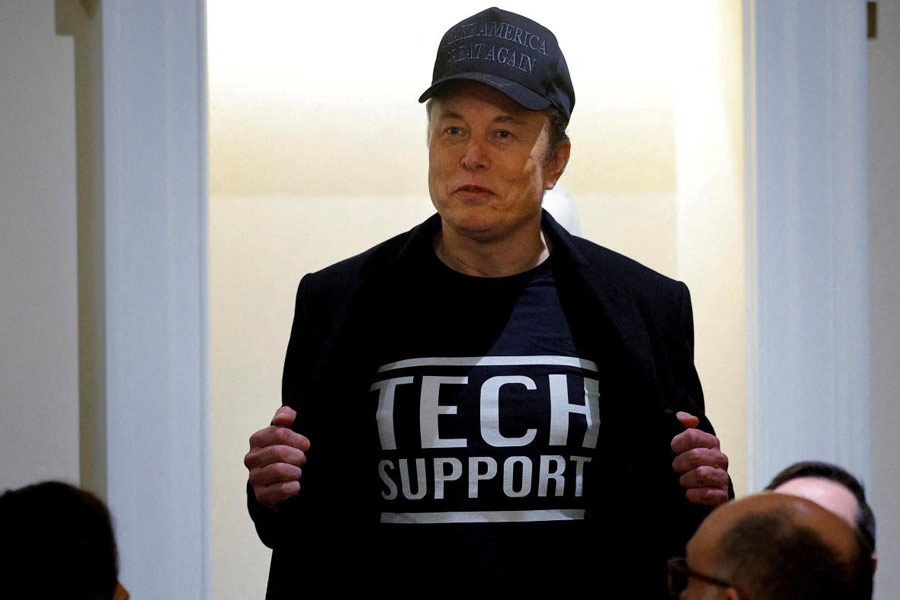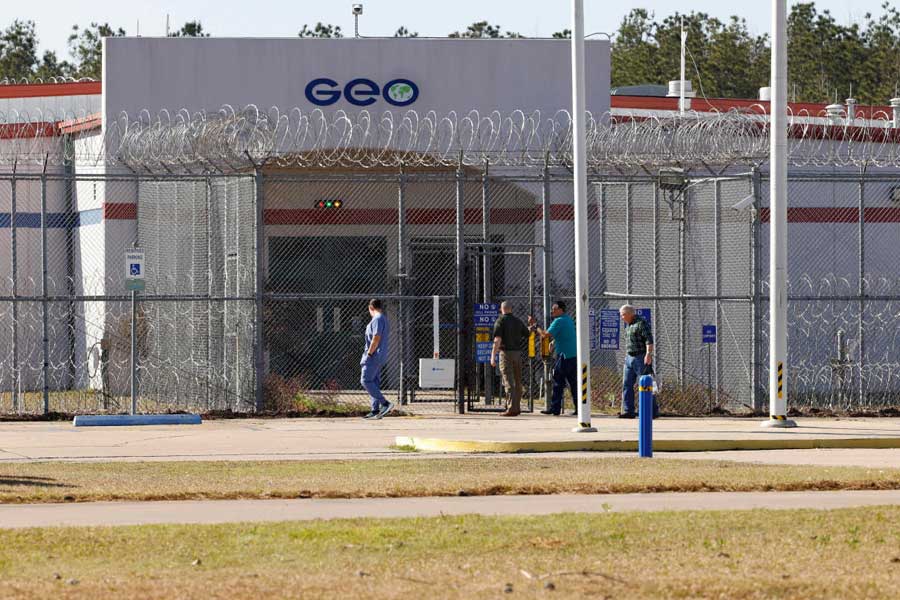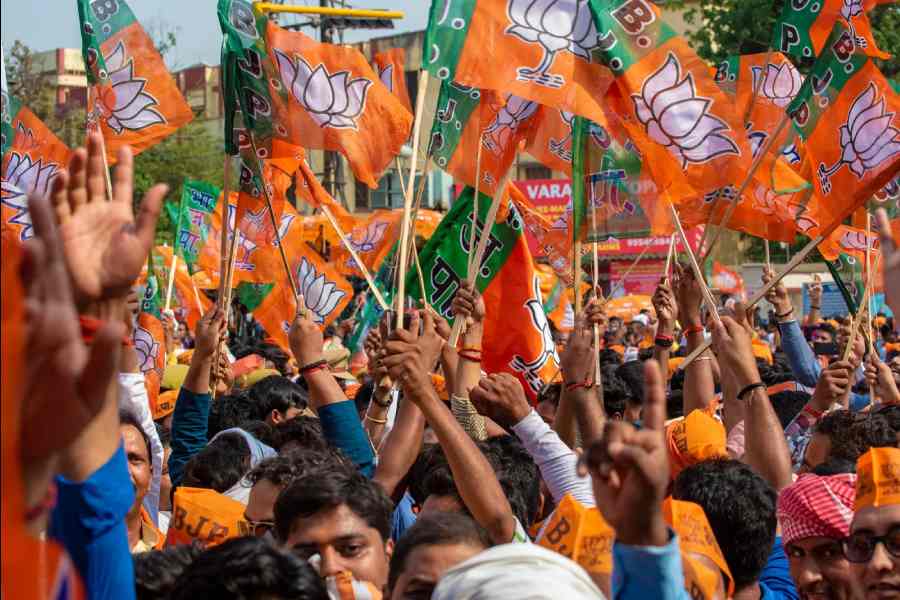Gumption, gut-feel and the gonads to back your convictions when the chips are down: those are the attributes that a market professional needs to have to come out from a white-knuckled, roller-coaster ride on the stock markets without turning a hair or losing his sangfroid.
Ask Nimesh Shah, managing director and CEO of ICICI Prudential Asset Management Company Ltd. The battle-scarred market veteran has seen it all — the euphoric, chest-thumping booms and the despairing, gut-wrenching busts — in a scintillating, three-decade career, all of it spent at the ICICI group.
“Don’t worry about which way the market is headed…if you are successful in the short term, you will be successful in the long term,” says Shah. The trick, he believes, is to always place contra-cyclical bets an investment philosophy that he has dinned into ICICI Prudential’s fund managers, reaping rich dividends over the years.
Shah says the real challenge for mutual funds is to wrestle with the expectations of retail investors who display a very strong pro-cyclical behaviour and tend to chase down a rainbow when the storm clouds have already started to gather.
“What we have noticed is that people prefer to come into the mutual funds when the past returns look very good. That is the worst time to come into mutual funds. You should invest in an asset class when the chips are down,” says Shah, who was personally mentored by industry doyens such as K.V. Kamath.
“If we want to make money, we have to be contra-cyclical. But human psychology is pro-cyclical. People have the confidence to invest only when the past has made the money. That is unfortunate… 98-99 per cent of the people are pro-cyclical,” he adds.
Mutual funds often get a rap from retail investors when they find their funds have made lowball returns. Shah believes this is unfair because investors are chasing the crooked shadows of past returns. “If you come at the top and you panic at the bottom, you will have a bad experience. But you will always blame the mutual fund. This is a business where our brand name can get eroded because of the pro-cyclical behaviour of the customer,” he adds.
Protecting the downside
So, how can you win when the investor chooses to chase the Pied Pipers on the Street?
Shah says that is why ICICI Mutual Fund decided more than five years ago to come out with contra-cyclical products such as the ICICI Prudential Balanced Advantage Fund, ICICI Prudential Asset Allocator Fund, ICICI Prudential Multi Asset Fund, insisting that this is what sets him apart from the rest of the mutual fund pack.
“When the market goes up, I decrease my investment in equity; when the market goes down, I raise my exposure to equity. The retail investor does exactly the reverse. So, we become contra-cyclical,” says the CEO of ICICI Prudential AMC.
Back in 2014, he says, the ICICI Mutual Fund started advising investors to put their money in balanced funds when everyone was shovelling cash into equities. “I know the retail investor will give me money when the Sensex is close to 40,000. But I will invest less in equity and more in debt. When the market corrects, I will allocate more into equity and less into debt. So, I believe that this is the way to take money from retail investors,” he says.
Today, when the Sensex is scaling new highs, the balanced fund puts only 37 per cent in equity, while the asset allocator fund is more conservative and caps its equity exposure at 20 per cent. In February 2016, the balanced fund had 76 per cent invested in equity.
“For me, the retired school teacher in Guwahati is an extremely important customer. I don’t want him to have a bad experience… The Indian investor is very happy if he gets something more than a fixed income return, tax adjusted. If the market goes up by 20 per cent, he doesn’t want all of it (as a return). If you give something less than that, it is okay. But when the market goes down, you must protect him well. So, we are more into downside protection than giving him the full upside,” he adds.
Elections & data warps
Shah isn’t losing sleep worrying about the outcome of the general elections and what impact that might have on the markets and his funds. “People keep asking me about the outcome of elections. What does it matter to me? There might be some upheaval. But ultimately India’s growth rates will continue as they have over the past 25 years,” he says.
He isn’t fazed by the brouhaha over the integrity of the GDP data. “We do our top-down research as well as bottom-up research. We use a lot of top down indicators: we know the number of two-wheelers that are sold in the country or the number of four-wheelers; how air fares are moving; how airline seats are selling. There are a lot of indicators that will show you how the economy is moving… This country has very good data; you should know how to read that data,” he says.
The bigger worry for him is the pro-cyclicality of corporate governance. “We have to know what this particular promoter has done in the 1990s, done in 2000, done in 2005…Has his corporate governance standards been cyclical or has it been consistent? Does his corporate governance standard improve when the markets improve? Sometimes you feel that with certain corporates, the governance standards are cyclical. So, then judgment is required,” the head honcho of ICICI Pru says.
He believes that the markets won’t give the blowout returns that they have over the past 40 years but should give decent returns to help investors make some money and easily beat inflation.
“Historically, the markets have given an average return of 15 per cent over the last 40 years. The nominal GDP growth in the last 15 years has been 13-14 per cent. I don’t believe that the markets will give the sort of returns it has in the past 15 years. But if it does not give 15 per cent, can it give 11-12 per cent? The nominal GDP growth will be at least 11 per cent: 7 per cent from real GDP and 4 per cent from inflation. Broad markets can grow at 11 to 12 per cent. If we create some alpha, will we give our customers a good experience? That is the call,” he says.
Shah believes that the rich are getting richer because they are investing smarter. “It is not that they (the rich people) are working harder. They are making their money work harder. If you want the common man to benefit from the growth in this country, then either he runs a business himself or he invests in somebody else’s business. If he has to invest in equity, then the best way to do so is through mutual funds,” he adds.
“I think mutual funds are for the common man. They are there to beat inflation. So, invest in banking stocks; invest in cement stocks. Invest in stocks where you can predict the future over three to five years. Then you are better off,” he says.
The mutual fund industry has about 2 crore investors at present – of which 42 lakh customers belong to ICICI Pru.
“This industry has just come out of its teens. We are a mature adult now. We need to see how we can take the number of mutual fund investors from roughly 2 crore today to 10 crore. That is the game,” says the chief executive of one of the largest mutual funds in the country which has over Rs 3.25 lakh crore worth of assets under management.










